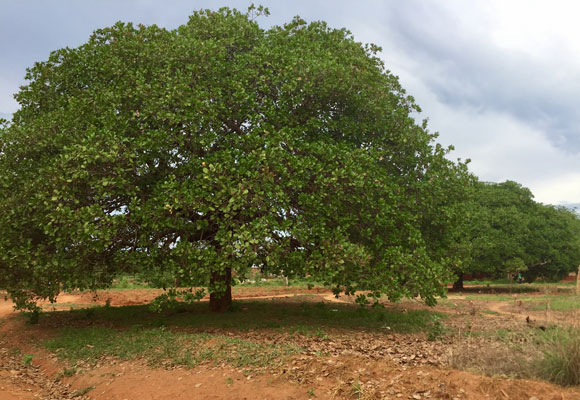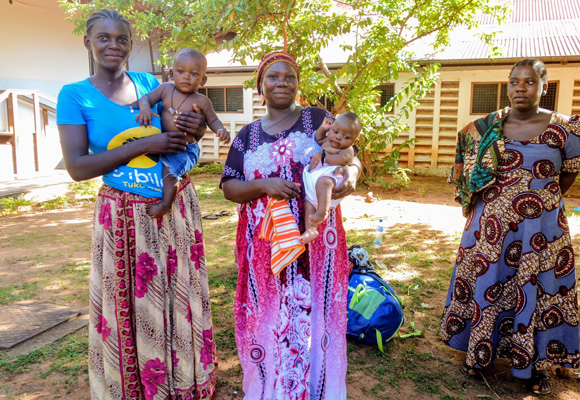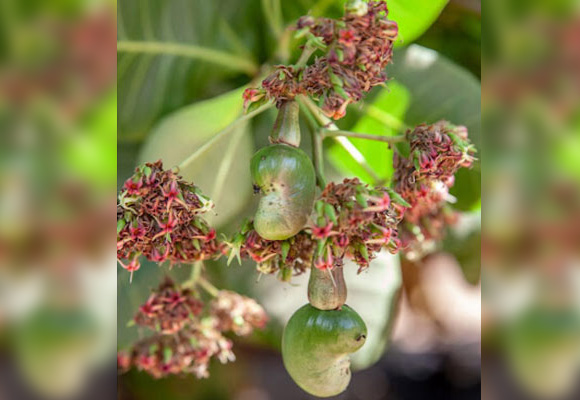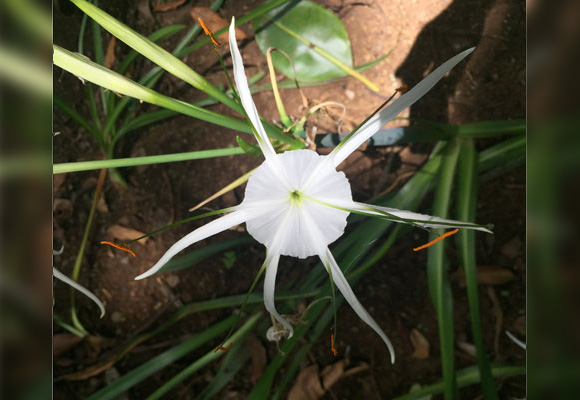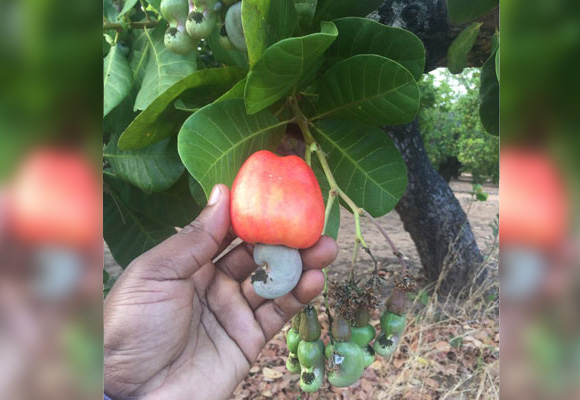Environmental and Social Project
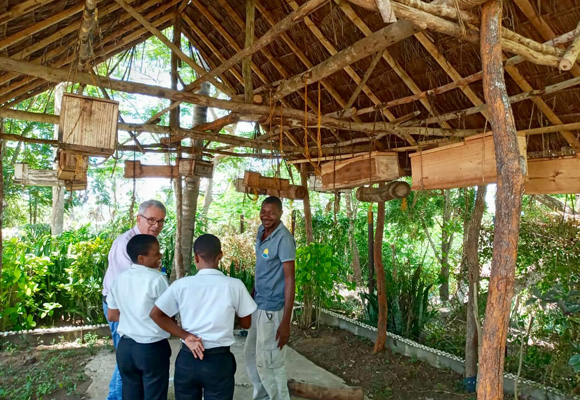
In order to support the biological diversity of the region, keeping the stingless bees (apis meliponini) is of great importance.
Since they are much smaller than conventional bees, they pollinate smaller flowers with their shorter trunk. The pollination of the macadamia and cashew nuts, as well as the mango fruits and a number of tropical plants, is primarily taken over by these small bees.
The larger, traditional bees mainly pollinate local fruit and vegetable crops.
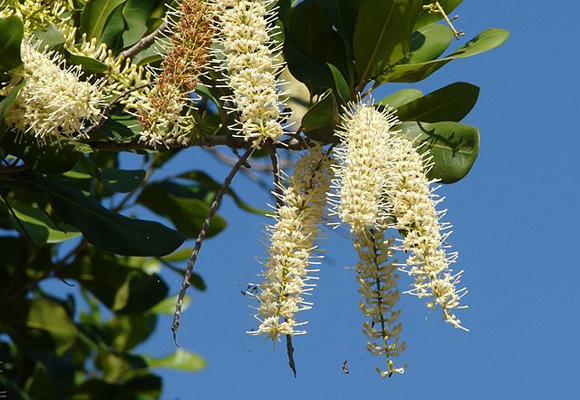
Macadamia flower››› ©Tatiana Gerus from Brisbane, Australia,
CC BY 2.0, via Wikimedia Commons
From the economic point of view, keeping the apis meliponini is rather uninteresting to the villagers, since only a small amount of honey (600-800 ml) can be harvested – in contrast to the yield of the sting bees (15-25 liters). The stingless bee honey is better suited for wound treatment and can be sold through the local pharmacies and hospitals at a higher price.
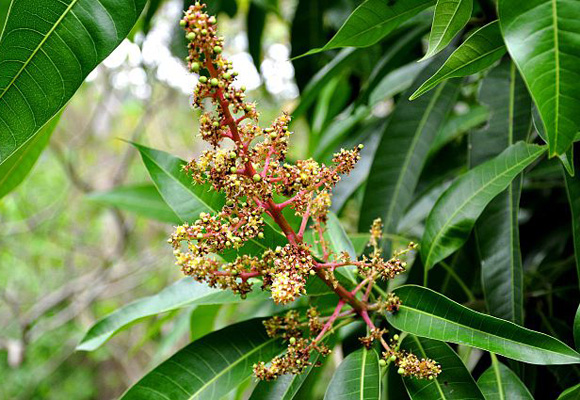
Mango blossom››› ©Fpalli,
CC BY-SA 3.0, via Wikimedia Commons
Since the financial and social situation of many widows in southern Tanzania – especially in remote, smaller villages – is desolate, our project aims to help these women by learning beekeeping and Helping to harvest both common honey and honey from stingless bees.
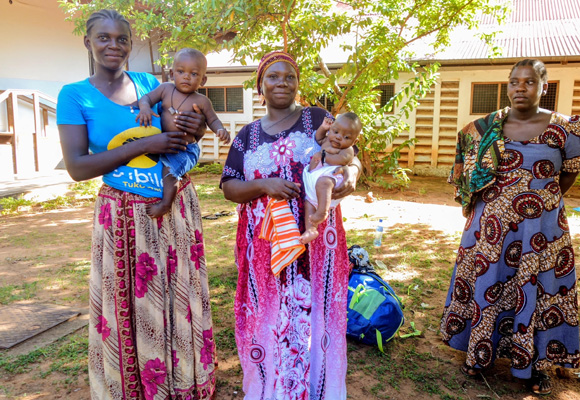
The income from the sale is intended to ensure their livelihood and that of their children.
In addition, the Artemed-Foundation››› has been running nutritional advice programs for young mothers for several years, propagating and promoting the consumption of honey as an essential part of a healthy diet.

